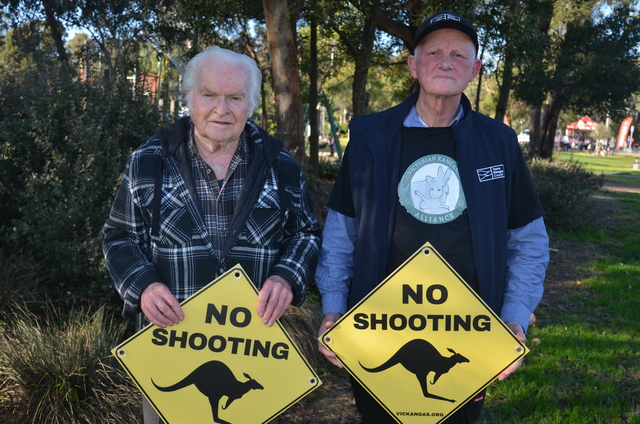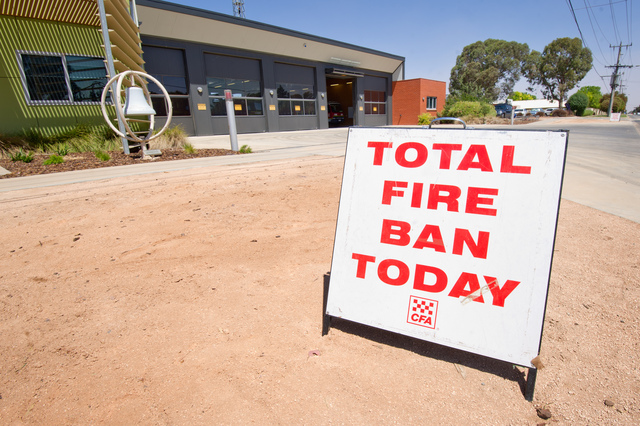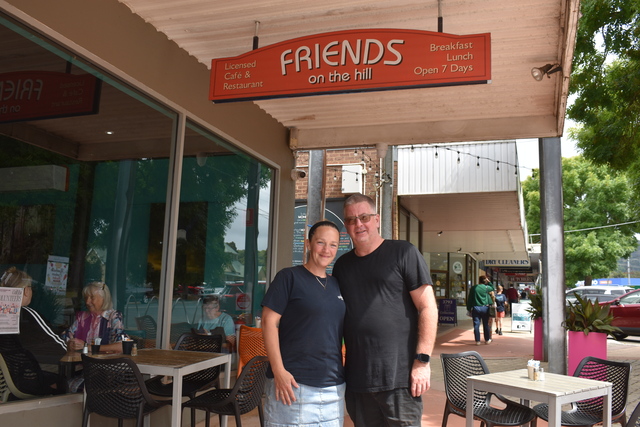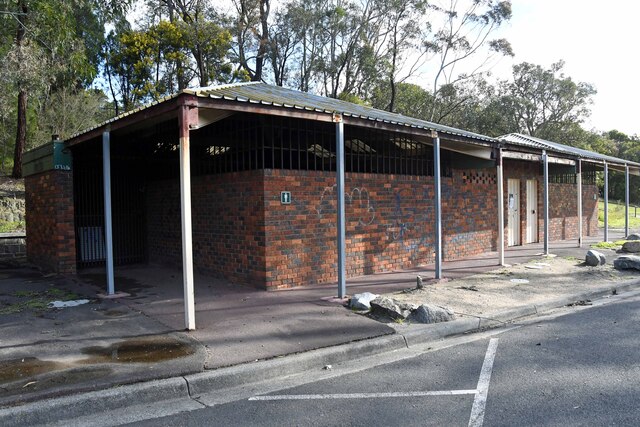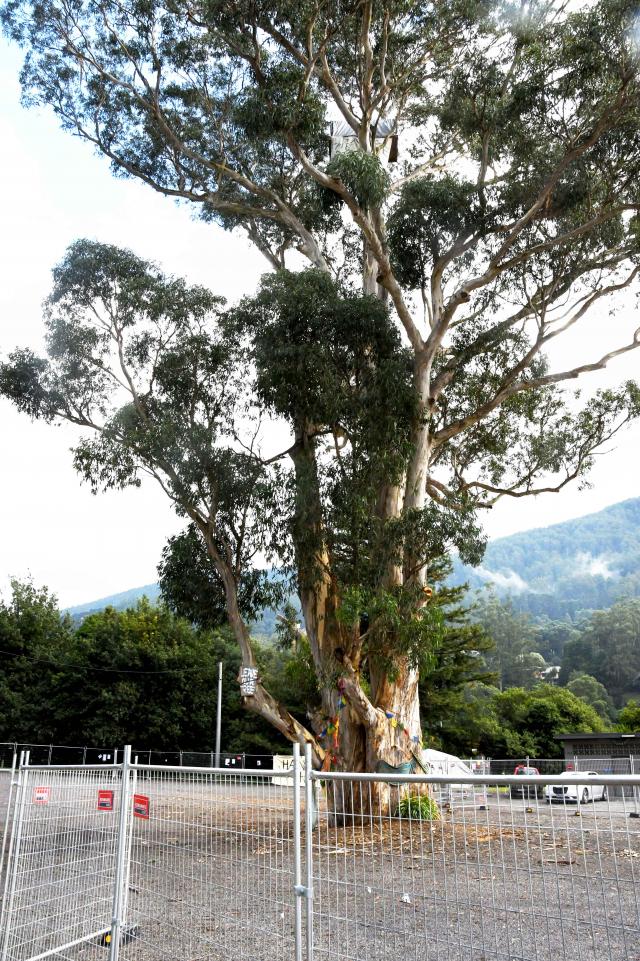Borrowers have been spared more mortgage pain following the Reserve Bank of Australia’s decision to keep interest rates on hold for the fourth meeting in a row.
The board came to its decision on Tuesday after two days reviewing the the state of the economy and progress on inflation.
Heading into the meeting, forecasters were broadly in agreement the central bank would leave interest rates at 4.35 per cent – where they have been since November last year.
But after stronger domestic and overseas inflation data, economists were on the look out for altered posturing on future interest rate moves.
In the post-meeting statement, the RBA board stopped short of explicitly warning more interest rate hikes may be needed but said inflation was proving more persistent than expected.
“Recent data indicate that, while inflation is easing, it is doing so more slowly than previously expected and it remains high,” they said in the statement.
“The board expects that it will be some time yet before inflation is sustainably in the target range and will remain vigilant to upside risks.
“The path of interest rates that will best ensure that inflation returns to target in a reasonable time-frame remains uncertain and the board is not ruling anything in or out.”
The RBA’s updated forecasts released at the same time show inflation predictions revised up in the short term and the outlook for economic activity a little softer for the rest of 2024.
While the central bank still expects to have inflation back within its target range of two-three per cent by December 2025, in the near term, price pressures are proving harder to budge.
Headline inflation has been revised up to 3.8 per cent in June this year, from 3.3 per cent at the last count, and is expected to remain at that level throughout the rest of 2024 before softening to 3.2 per cent by June 2025.
Rising petrol prices and the unwinding of government energy bill relief is expected to nudge headline inflation higher in the near term, the RBA said in its May statement of monetary policy.
Both these “temporary factors” were expected to add a quarter of a percentage point to headline inflation each in the December quarter of 2024.
Yet the bump from the energy subsidies ending may not materialise if the federal government chooses to extend them in next week’s budget.
Speaking after the decision, Treasurer Jim Chalmers said Australians were doing it tough and next week’s budget would focus on “easing cost-of-living pressures, not adding to them”.
“This period of rates on hold has provided stability in difficult times for Australian mortgage holders and small businesses,” he said.
Long term growth forecasts were largely the same yet the central bank has pared back its expectations for growth for the rest of 2024.
The RBA now expects growth of 1.2 per cent through to June 2024, down from 1.3 per cent in February.


